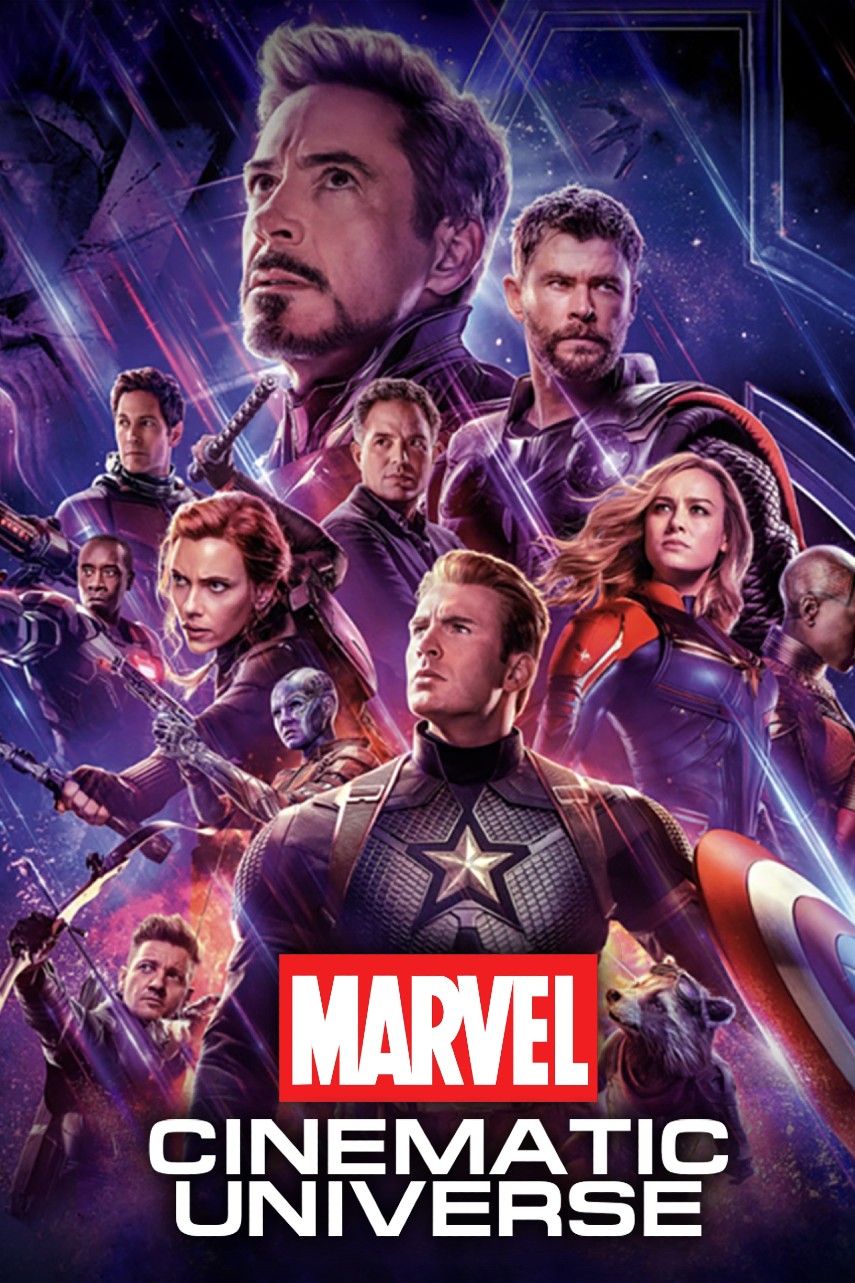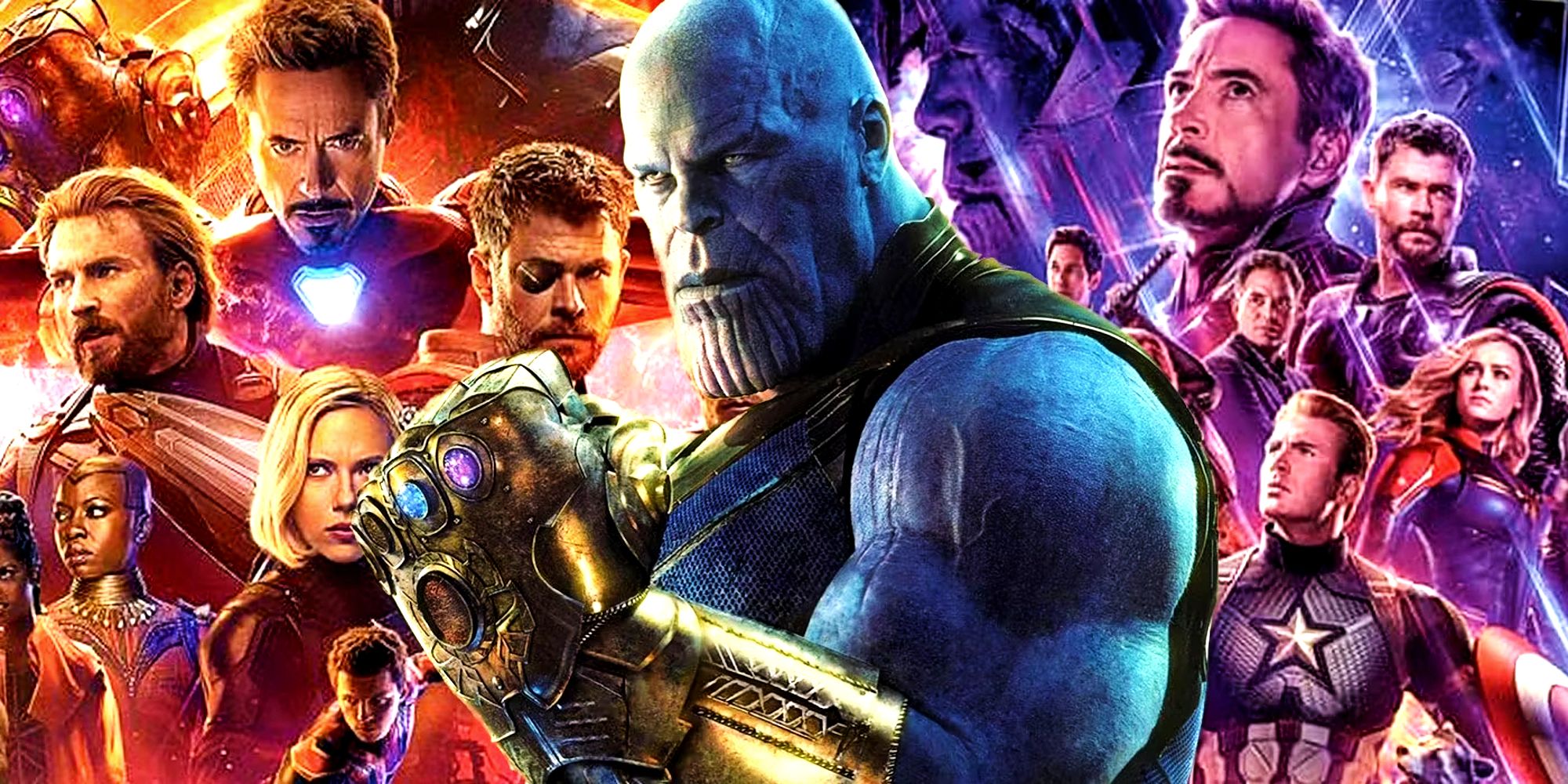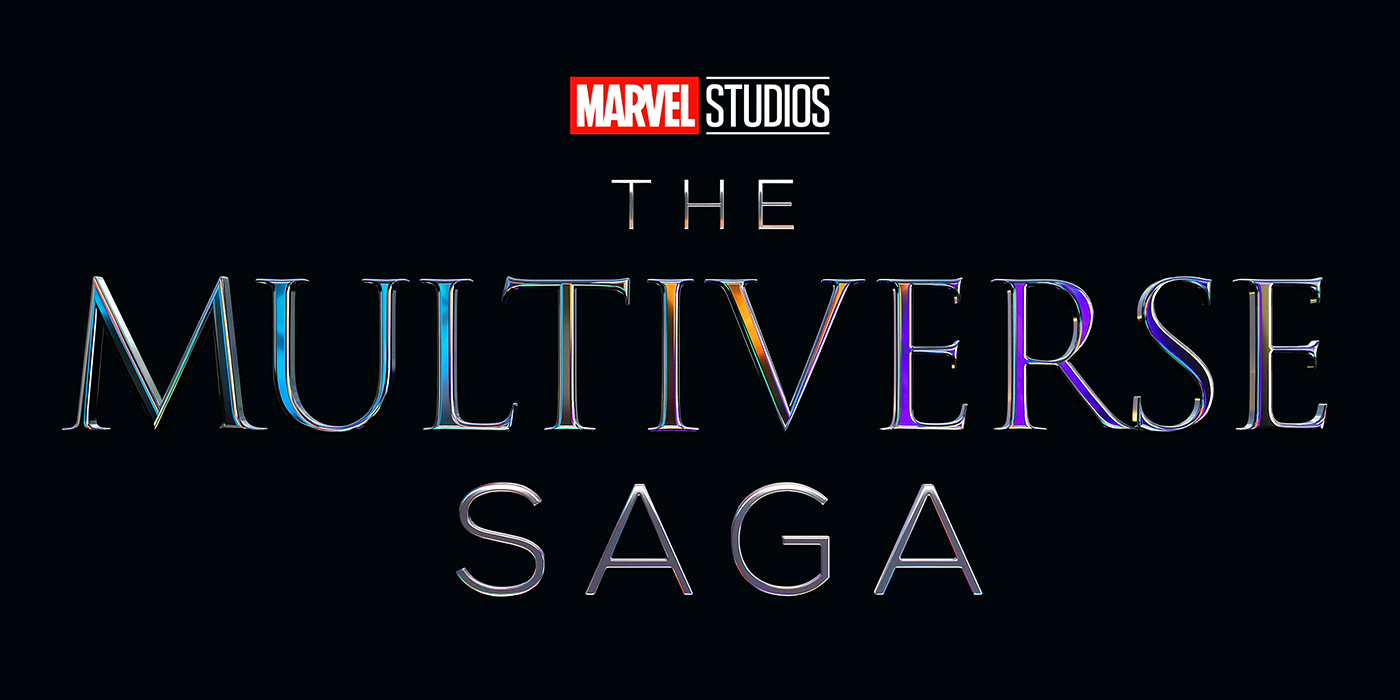I am convinced that the technique that helped the Marvel Cinematic Universe become a superhero movie behemoth has somewhat sabotaged its last six years. Whenever anyone is asked about the best-ranked MCU movies, the movies near the top tend to be those from the Infinity Saga. For this reason, 2008-2019 was an unparalleled period of success for the franchise.
Although there have been some excellent Marvel projects in recent years (I have liked the Multiverse Saga more than many), most would not argue with me when I say the Infinity Saga was the franchise’s peak. The Marvel movies of 2025, such as Thunderbolts* and The Fantastic Four: First Steps, are looking to recapture that quality.
Upcoming MCU movies like Avengers: Doomsday will continue to do the same, but it remains to be seen if the magic of the Infinity Saga can return. Regardless of whether this happens, I think one of the elements that helped the Infinity Saga become the success it was has hindered the MCU from emulating that success these past six years.
The MCU’s Phases Worked Perfectly For The Infinity Saga
Three Individual Phases With Overarching Narrative & Character Threads
The element in question is the Marvel Cinematic Universe’s concept of phases. The Infinity Saga was made up of three phases, each with its own batch of movies included. These phases allowed the creatives at Marvel Studios to tell self-contained stories with each individual installment while weaving an overarching narrative.
- Phase One – Iron Man, The Incredible Hulk, Iron Man 2, Thor, Captain America: The First Avenger, The Avengers
- Phase Two – Iron Man 3, Thor: The Dark World, Captain America: The Winter Soldier, Guardians of the Galaxy, Avengers: Age of Ultron, Ant-Man
- Phase Three – Captain America: Civil War, Doctor Strange, Guardians of the Galaxy Vol. 2, Spider-Man: Homecoming, Thor: Ragnarok. Black Panther, Avengers: Infinity War, Ant-Man and the Wasp, Captain Marvel, Avengers: Endgame, Spider-Man: Far From Home
Admittedly, these phases proved a genius way for Marvel Studios to tell the 11-year story they did between Iron Man and Avengers: Endgame. Each phase worked as it had a movie from the big three – Iron Man, Captain America, or Thor – while also introducing other heroes that were important to the franchise.
Each phase also ended with an event-style Avengers movie that tied all of these disparate threads together seamlessly, or included a movie like Captain America: Civil War, which did the same. This all proves how expertly the phase format for an interconnected universe can be when done correctly, and I believe it contributed to the Infinity Saga’s success.
The MCU’s Phases 4 & 5 Have Suffered From Less Interconnected Storytelling
Marvel’s Phases Grew Unfocused
After 2019 and Avengers: Endgame – or, technically, Spider-Man: Far From Home – ended the Infinity Saga, the MCU ventured into Phase 4. Phases 4 and 5 have certainly not been as successful as Phases 1-3, bringing with them Marvel’s first, and only, “Rotten” rated projects on the review aggregator website Rotten Tomatoes.
The franchise has struggled with telling compelling, self-contained stories while keeping an overarching narrative threaded throughout each one. Many have picked up on this, resulting in Phases 4 and 5 being dubbed a step-down from the Infinity Saga. A big reason for this is the lack of interconnected storytelling.
Phase 5 has been similar, with TV shows like Secret Invasion typifying the worst of the post-Endgame MCU…
Phase 4 especially saw Marvel Studios branch out with the type of stories being told. The introduction of MCU Disney+ TV shows saw focus split between the small-screen projects and the big-screen ventures, while the latter focused on lesser-known, even more self-contained stories like Eternals. Overall, this caused a lack of narrative cohesion within the overall phase.
Even Black Widow, a story about a very notable Infinity Saga character, was a prequel, meaning it had little bearing on the overarching narrative of Phase 4. Stories like Thor: Love and Thunder were too tonally distant from what made the Infinity Saga great. In some ways, Phase 5 has been similar, with TV shows like Secret Invasion typifying the worst of the post-Endgame MCU.
I Think The MCU’s “Phase” тιтle Has Harmed The Franchise In The Last Six Years
The Franchise Could Have Benefitted From Moving Away From Phases
With that being said, I think the MCU’s focus on phases post-Avengers: Endgame has harmed the franchise. After all, using the term only brings to mind the format that worked so well for the Infinity Saga; singular phases with individual movies that weave a larger narrative that will build to an event movie. Phases 4 and 5 have been very different.
The franchise was well within its rights to branch out and tell different stories across film and TV. After Endgame, many even felt this was the right move. However, Kevin Feige or another higher-up at Marvel Studios should have abandoned the phase format, either in favor of another term or altogether, to prove that Phase 4 was going in a different direction.
This way, I think the franchise would have been judged less harshly by audiences in the six years since Avengers: Endgame.
Audiences may have dropped the expectation that every movie would connect to another in some way if the idea of phases had been left behind. This would also have placed less pressure on the MCU to have event movies for every phase, which many noted was strange at the tail end of Phase 4.
Overall, the MCU could have had a lot more freedom to explore new avenues after successfully concluding the Infinity Saga. As we now know, the franchise tried to continue the concept of phases when building the Multiverse Saga, yet I think this has hindered the franchise from a creative standpoint, as well as regarding less-positive fan and critical reactions over the years.
Ditching Phases May Have Helped Marvel Studios Overcome Other Unavoidable Issues
Phases 4 & 5 Have Had Unforeseen Problems
It is worth mentioning that Phases 4 and 5 have been rocked by other issues in the MCU. Jonathan Majors’ ᴀssault charges meant that the plan Marvel Studios had been weaving for the Multiverse Saga since the beginning of Phase 4 involving Kang the Conqueror had to be changed. Majors was removed from his role as the villain, landing the MCU in a difficult spot.
The franchise could either have recast Kang the Conqueror and continued with the planned story of Avengers: The Kang Dynasty and Avengers: Secret Wars, or switched directions. Marvel Studios opted for the latter, with the story of Avengers: Doomsday replacing The Kang Dynasty and Secret Wars stemming from that instead.
These issues were obviously impossible to predict and subsequently avoid by Marvel Studios. Nonetheless, I think dropping the phase format after Avengers: Endgame could have alleviated some things. For instance, an entirely new villain and concluding story set for Phase 6 only began being crafted as Phase 5 was ending.
The concept of phases has placed a ticking clock on Marvel to craft these new stories, potentially leading to them feeling rushed after years of careful planning for Kang the Conqueror. Whether it pays off remains to be seen, but there is no denying that abandoning the phase format would have removed this pressure.
If Marvel did not feel like it had to conclude the Multiverse Saga with Phase 6 as the Infinity Saga did with Phase 3, the studio could have dedicated more time to wrapping up Kang’s story more naturally. This would have allowed an equally natural build-up to Doctor Doom, meaning the Marvel Cinematic Universe‘s Multiverse Saga felt less rushed on the whole.

Marvel Cinematic Universe (MCU)
- Created by
-
Kevin Feige
- First Film
-
Iron Man
- Latest Film
-
Black Panther: Wakanda Forever
- Upcoming Films
-
Ant-Man & the Wasp: Quantumania
- First TV Show
-
WandaVision
- Latest TV Show
-
She-Hulk: Attorney at Law








